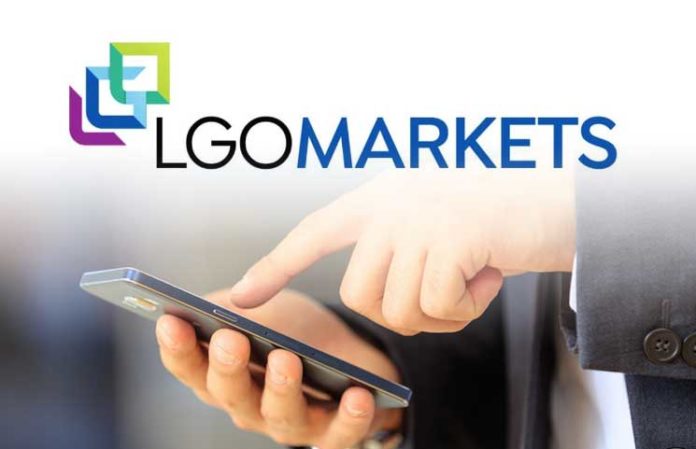
Clients of the NJ-based Hoboken company, mainly crypto-hedge funds and market makers, can now obtain an intraday credit line and send money to the exchange at the end of the trading day, said CEO Hugo Renaudin.
After passing a risk assessment, a customer can get up to "several million" dollars to exchange bitcoins and then pay what he owes at the time of the transaction.
A rare case of the crypto sector
Although it is commonplace in traditional financial markets, it is rare in the crypto sector to allow transactions without pre-financing. According to Matt Trudeau, Chief Product and Strategy Officer of LGO's competitor ErisX, pre-financing is needed to mitigate the counterparty risk.
These lines of credit function like a clearing house. “Since both liquidity and cryptocurrency are already in the clearing house, we eliminate the risk of transactions for the counterparties. This also means that all participants in our exchange can trust all the other participants in our exchange without the need to know who they are and evaluate their credit risks, "explained Trudeau.
Corrections in progress
The credit line isn't the first unorthodox idea LGO has tried. When it launched in March 2019, Renaudin stated that LGO would not hold client funds. The plan was that users would keep their custody and trade through multi-signature wallets that required two out of three private keys to release funds.
A year later, LGO dropped the idea. The reason? Institutional clients, who are the recipients of the exchange, don't want to take care of their keys, Renaudin said last week.
"Much of the volume is made by cryptographic institutions, such as hedge funds, which are used to using custody platforms," explained Renaudin. Another idea, that of creating its own hardware portfolio, which LGO was planning to release in the summer of 2019, has been discarded, Renaudin said.
For the same reason: no request from the customer. LGO has also decided not to pursue a number of licenses as originally planned. These include BitLicense from New York, a FINRA broker-dealer license and a National Futures Association broker license. All of this is currently pending, Renaudin said.
LGO has decided to focus on the jurisdiction of France it knows best, where Renaudin and other team members come from. The exchange has applied for a digital custody license, said Renaudin.
LGO is registered as money services business (MSB) in the United States with the Financial Crimes Enforcement Network (FinCEN), an office in the Treasury department. However, an idea remains valid from the early days: transmitting LGO trades (both fiat and crypto sides) to the Bitcoin blockchain.
A list of these exchanges is available on the LGO website. According to this page, LGO has processed around $ 33 million in transactions through April, $ 138 million in March and $ 96 million in February.
